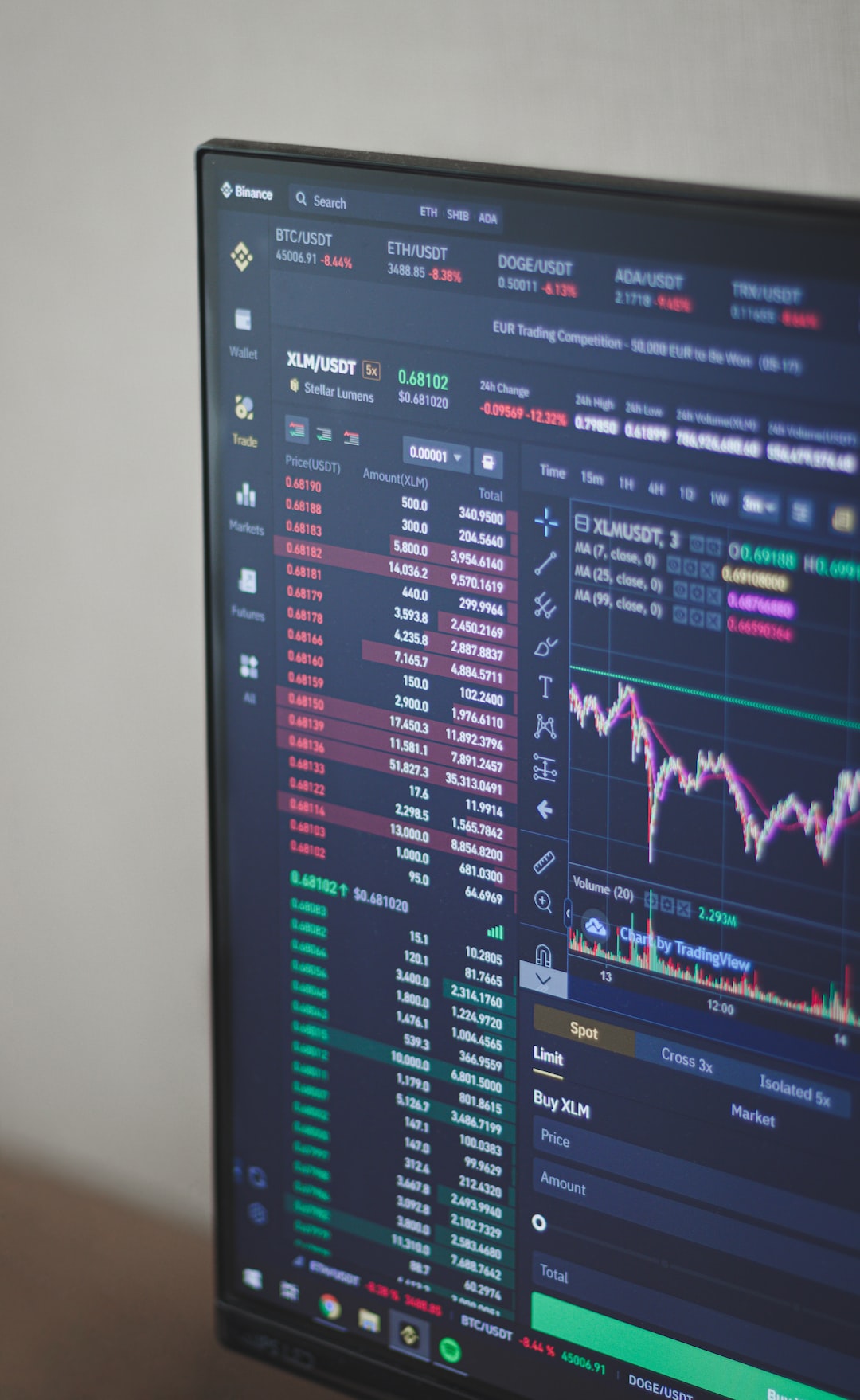Forex trading has become increasingly popular in recent years. However, many traders are unsure of how they should be reporting their forex profits and losses on their taxes. Fortunately, this guide will provide an in-depth explanation of how to do taxes with forex.
Firstly, it is important to understand that forex trading is considered a speculative activity by the IRS. This means that forex traders are subject to different tax rules than traditional investors.
One of the key tax rules that forex traders need to be aware of is the wash-sale rule. This rule applies to the buying and selling of securities within a 30-day window. If a trader sells a security for a loss and then buys the same or a substantially identical security within 30 days, the loss is disallowed for tax purposes. This means that traders cannot use losses from forex trading to offset gains in other types of investments.
Another important tax rule for forex traders is the mark-to-market accounting method. This method requires traders to report their gains and losses on a daily basis. Under this method, any unrealized gains or losses at the end of the day are treated as if they were realized and closed out. This means that traders are required to pay taxes on their gains even if they have not yet closed out their positions.
To calculate their tax liability, forex traders need to keep track of their gains and losses for each trade. This can be done using a spreadsheet or accounting software. Traders should record the date of each trade, the amount traded, the exchange rate, and any fees or commissions paid. They should also record the gain or loss on each trade in their base currency.
Once all of the gains and losses have been calculated, traders can then report them on their tax return. Forex traders who are considered to be self-employed must file a Schedule C with their tax return. This form is used to report their business income and expenses. Traders should report their net forex trading income on line 1 of Schedule C.
Forex traders can also deduct their trading expenses from their taxable income. These expenses may include internet and phone expenses, trading software, and education expenses. Traders should keep receipts and other documentation to support their deductions.
In addition to federal taxes, forex traders may also be subject to state and local taxes. Traders should check with their state tax authority to determine their tax obligations.
In conclusion, forex trading can be a profitable activity. However, it is important for traders to understand their tax obligations. Traders should keep accurate records of their gains and losses, report their income on their tax return, and deduct their trading expenses. By following these guidelines, forex traders can ensure that they are in compliance with IRS regulations and avoid any potential penalties or fines.





